Sarkozy in landslide parliamentary victory
French President Nicolas Sarkozy's camp is in for a massive victory after the first round of legislative elections.
Monday, 11.06.2007.
12:47

Sarkozy in landslide parliamentary victory
The president's party, which has set itself the unofficial goal of winning 400 seats, had been widely expected to obtain a comfortable majority, but the preliminary results Sunday exceeded even optimistic forecasts. Such an overwhelming majority would make Sarkozy one of the most powerful presidents in France's recent history."Today you have given a good boost to the presidential majority," Prime Minister François Fillon told the nation after the vote. "Change is under way. Everyone must play their part. Everyone must do what they can for France and the republic."
The main opposition camp, the Socialist Party, received an estimated 25 percent, meaning that it could not realistically expect more than 170 seats, pollsters said, and reinforcing the sense of disarray on the left since Ségolène Royal lost to Sarkozy in the presidential election last month.
The turnout Sunday of around 61 percent - a record low in a first round of legislative elections in France's Fifth Republic—contrasted with the 84 percent who voted in the presidential election.
This would be the first time since 1978 that an outgoing parliamentary majority is re-elected, a result favored by a recent change to synchronize the presidential and parliamentary terms. But with the Gaullist camp set to expand its dominance in Parliament from its current 359 seats, commentators said the result was also a sign that French voters were prepared to trust Sarkozy to jolt their country out of a collective sense of decline.
Fillon, who was elected in the first round with an absolute majority in his constituency in eastern France, urged the French to confirm Sunday's preliminary result in the second round.
"I ask the French for a majority to act," Fillon said in a statement from his office, after listing a number of key reforms the government will submit to Parliament in coming months, among them controversial plans to make it easier to hire and fire and to curb the power of labor unions. "The drive is there. But it can only become concrete with a large and coherent majority that is determined to go ahead."
Sarkozy has been eager to maximize his mandate, reminding voters repeatedly in recent weeks of his intention to implement an ambitious agenda of change. Eleven of the 15 new ministers are running in the election in a bid to maximize their legitimacy. None of them will actually take up their seats (according to law), but any losers would be asked to leave the government. At least six won Sunday with an absolute majority. One, the minister for sustainable development, Alain Juppé, was not assured of victory.
The Socialists urged voters who had stayed at home to cast their ballot for the opposition in the second round to limit Sarkozy's power.
"I would like to say to the 17 million voters who supported me in the presidential elections to come and vote," said Royal, who has been jockeying to become her camp's spokeswoman. "Come and vote, come for yourself, come for democracy, come for the Republic, come for France, come for social justice and come to help us reconstruct a new left."
The French president has inherent powers that exceed those of other leaders in Europe. Elected for five years, the head of state is commander in chief of the armed forces and has the right to dissolve the National Assembly.
To be sure, a parliamentary majority is no guarantee for swift change. In the second term of former President Jacques Chirac, the Gaullists controlled nearly two-thirds of the seats in the National Assembly. But the government was deeply unpopular and unable to break a sense of stagnation permeating the country's elite, particularly after the French rejected one of Chirac's pet projects, the European constitution, in May 2005. Last year, lawmakers swiftly abrogated legislation creating a more flexible work contract for young people after two months of street protests.
But Sarkozy has in his first four weeks in office signaled that he is determined to use his powers to implement his election promises and, unlike his predecessors, get personally involved in the process.
"I want to be a president who governs," he vowed after his election. Two bills—one proposing a number of tax cuts and the other tightening sentencing rules for repeat offenders—are ready to be submitted to the newly elected assembly in an extraordinary session over the summer.
If those measures are the most popular in Sarkozy's reform package, a more revolutionary catalogue of measures, all at one point tried and abandoned by previous administrations under pressure from labor unions, are to follow. Over the next year, the new president plans to make it easier to hire and fire, to allow universities to select students and charge fees, and to overhaul generous public sector pensions.
According to commentators, the larger the parliamentary majority, the slimmer the legitimacy for unions to paralyze the country with strikes and demonstrations.
"Strong parliamentary backing is a decisive factor in transforming the country," an editorial in Le Figaro said in its weekend edition. "Given what awaits him, Sarkozy will need it."
A projection by the CSA polling institute gave Sarkozy's Gaullist camp between 440 and 470 seats in Parliament, compared with 60 to 90 seats for the Socialists. The Ipsos institute estimated 360 to 420 seats for the Popular Movement and between 120 and 170 seats for the Socialists, while Sofres suggested that the right would end up with 405 to 445 seats, compared with 100 to 140 seats for the left.
Unlike in Germany and Italy, where the allocation of parliamentary seats is proportional to the party's share of the national vote, French lawmakers are elected by majority vote in each of the 577 constituencies. Candidates who win more than 50 percent in the first round are elected immediately, provided that this score was obtained with at least a quarter of all registered voters. Failing that, all candidates receiving backing from more than 12.5 percent of registered voters will compete for the highest score in the second round.
Smaller parties also received a blow Sunday. A new centrist party, led by François Bayrou, who finished third in the presidential election, received about 7 percent, compared with nearly 19 percent its leader received last month.
The centrists have no hope of winning the 20 seats necessary to constitute a parliamentary group and get access to the financing that comes with that status.
The Communist Party risks losing its parliamentary group, while the far-right National Front, which has no lawmakers in the outgoing assembly, is not expected to win any this time either.





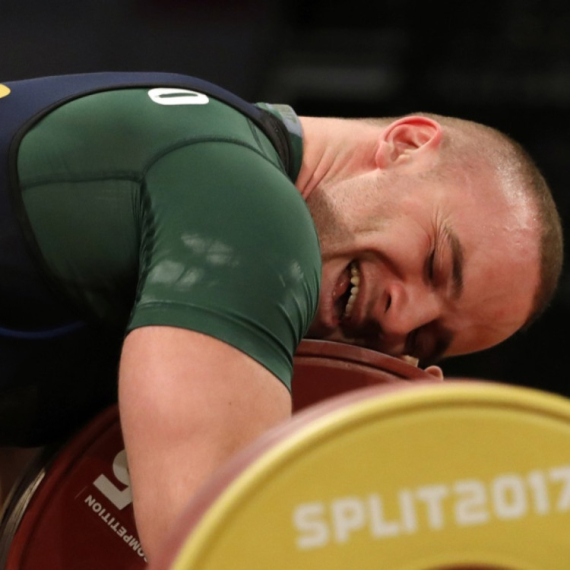








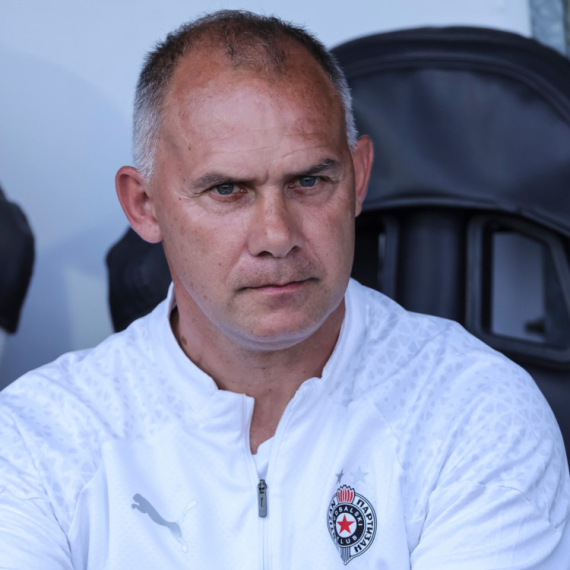
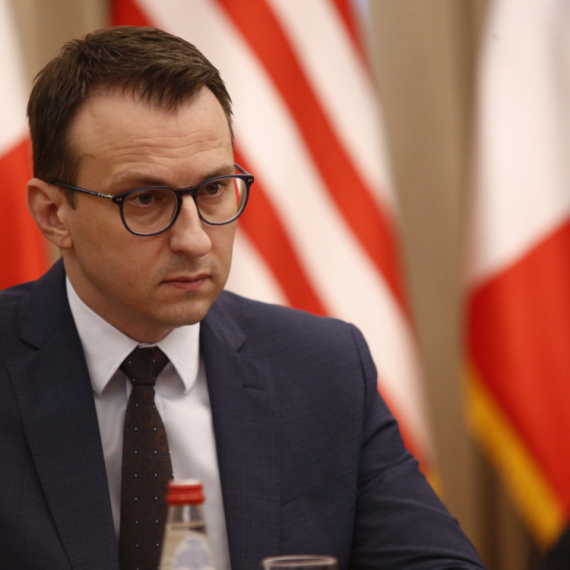
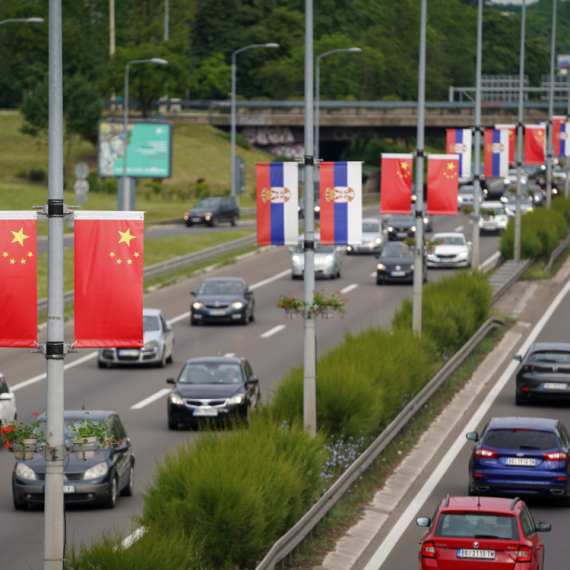











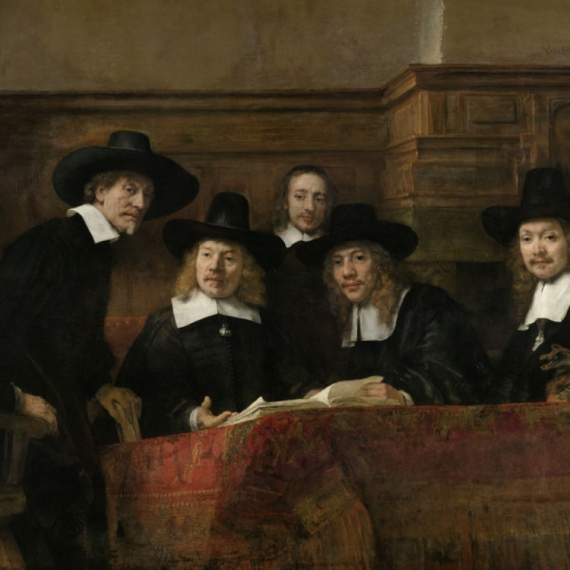
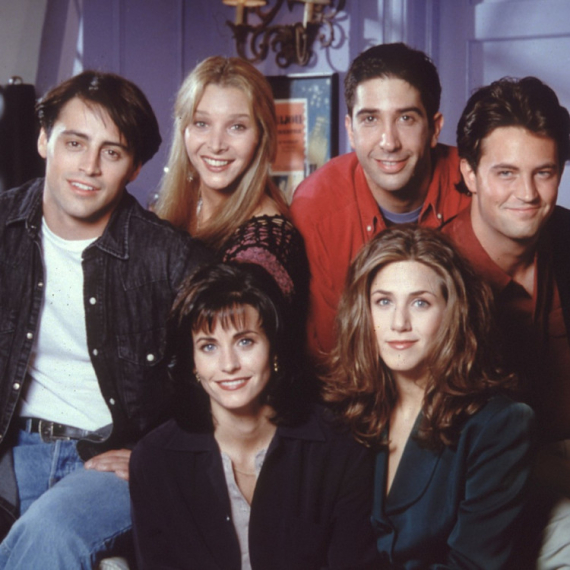
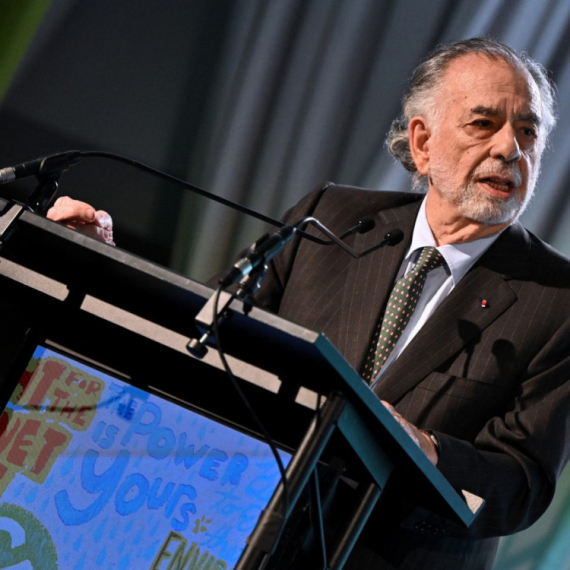







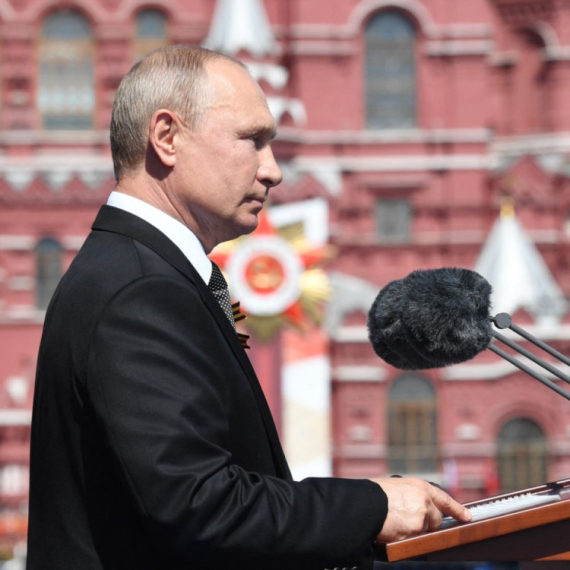
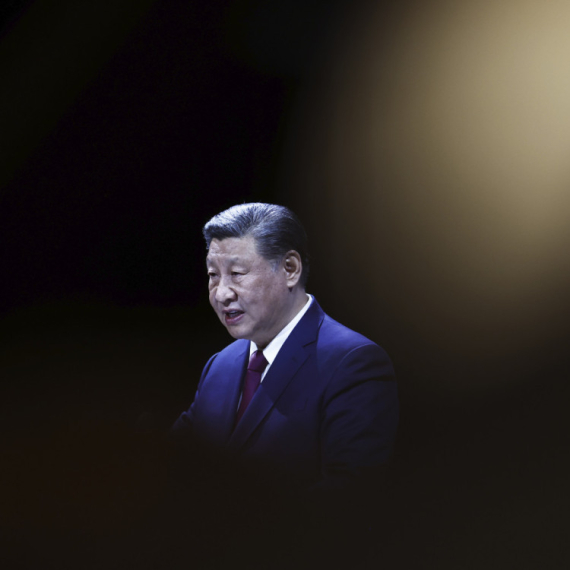
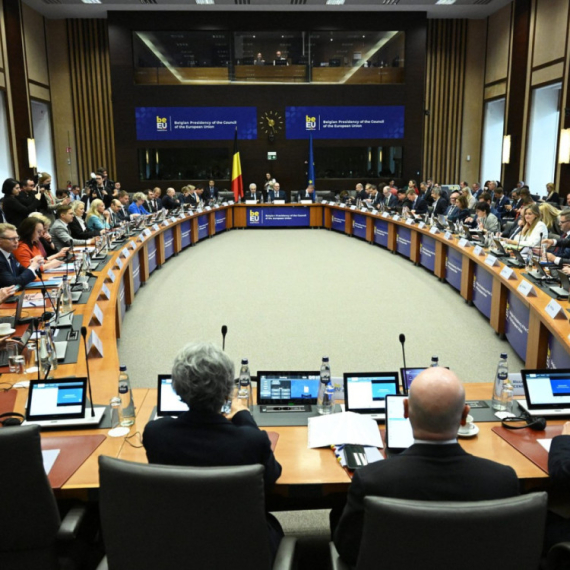







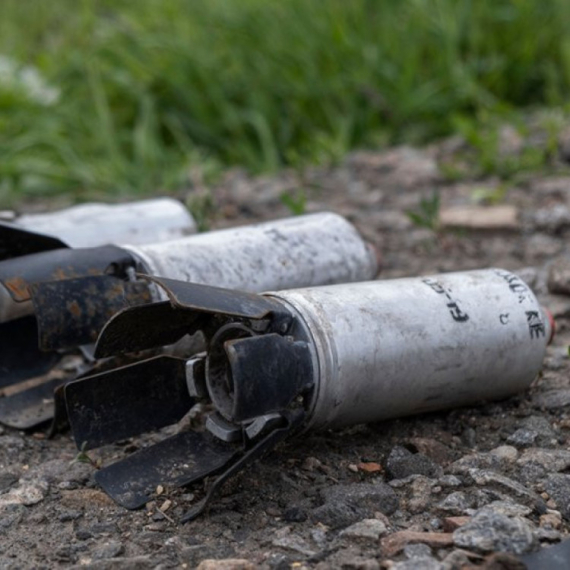

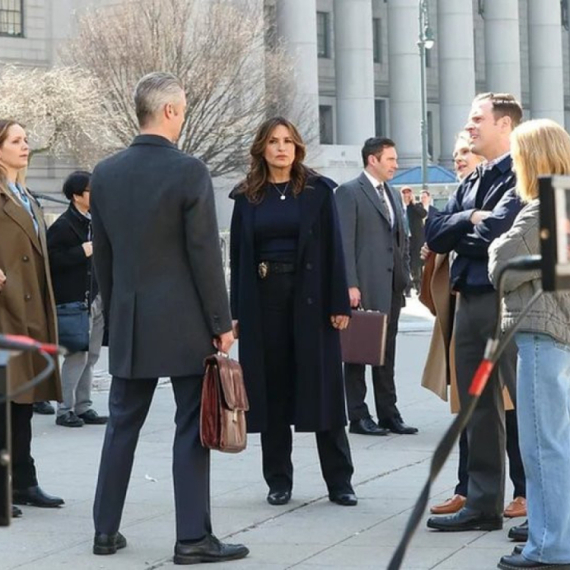
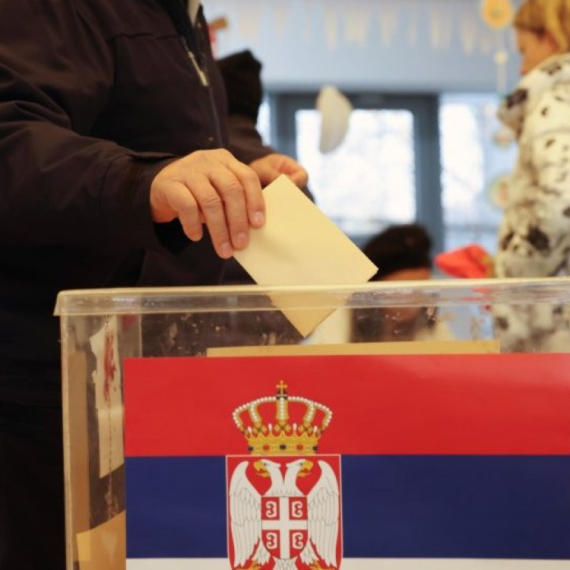

Komentari 0